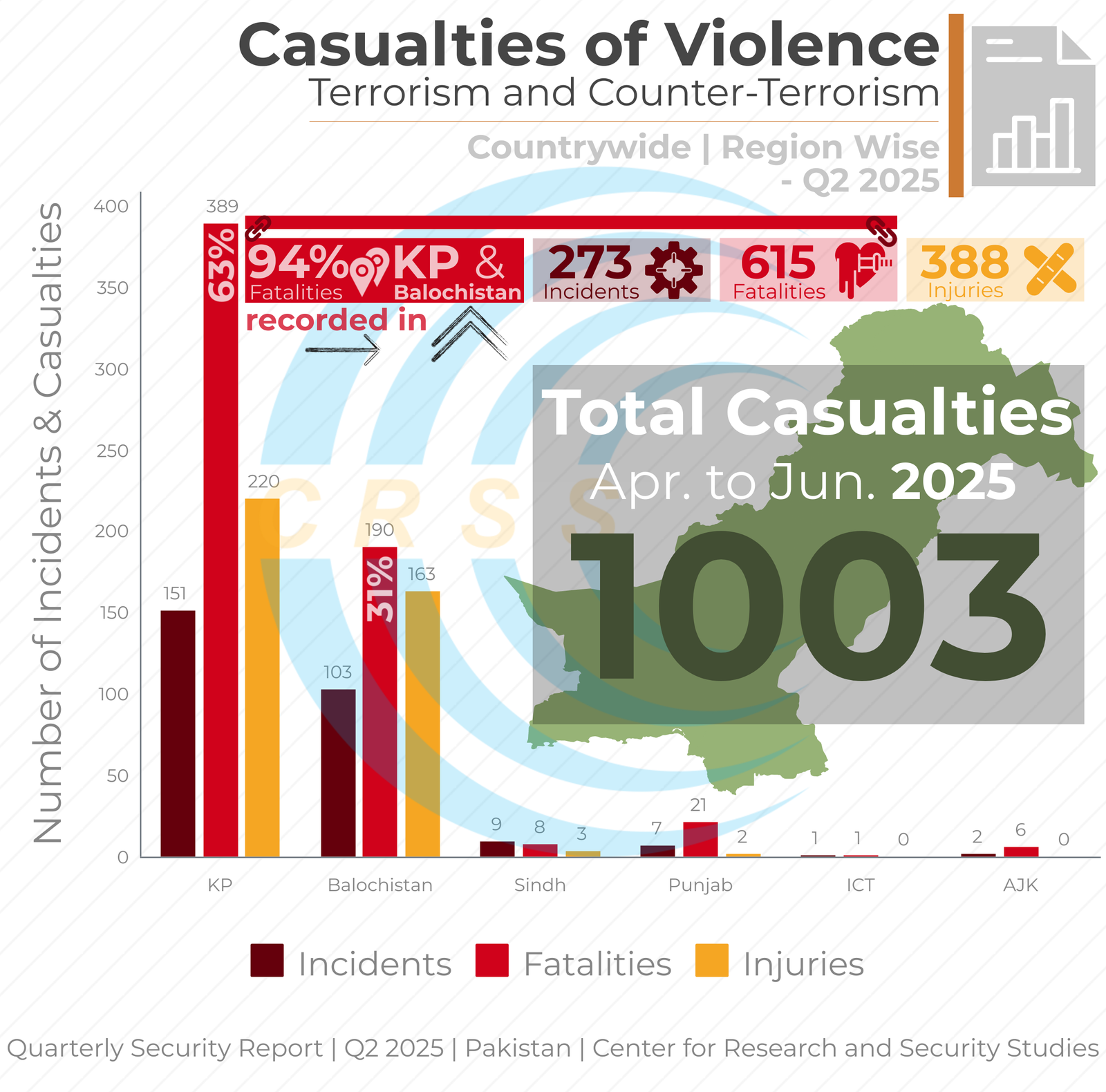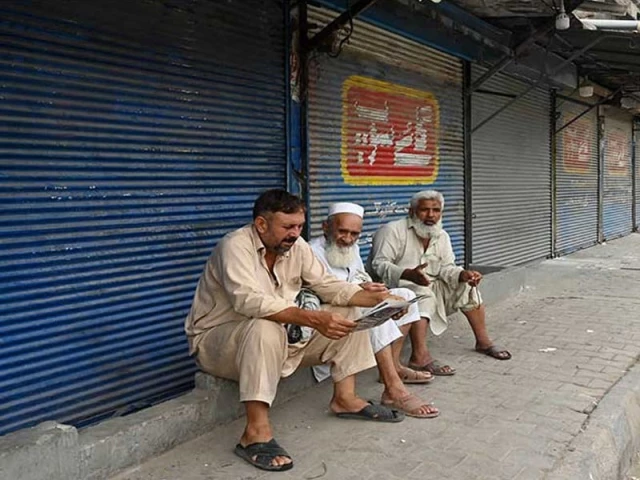Why Spending Choices Matter in Challenging Times
In recent discussions among political circles, one topic has proven controversial: government spending. Recently, the Punjab government allocated a staggering Rs730 million for bulletproof vehicles, a decision that has drawn sharp criticism, particularly from the Pakistan Tehreek-e-Insaf (PTI) party. They argue that this expenditure is a glaring example of misplaced priorities, especially when so many citizens are struggling to make ends meet.
Imagine the 35 million residents of Punjab living below the poverty line—their daily struggles include accessing affordable flour, electricity, and even basic healthcare. The situation becomes even more alarming when you consider the 15% tax imposed on medicines, which makes treatment harder for many families. The statistics speak volumes; maternal mortality rates stand at 165 deaths per 100,000 births. Issues like these demand urgent attention, yet the government’s focus seems locked on luxury vehicles instead of pressing humanitarian needs.
PTI’s Media Cell Head, Shayan Bashir, expressed genuine concern over the rising unemployment rate, which has now crossed 7.5%. In his view, lavish spending is an affront to the citizens who lack clean drinking water and enough food to eat. It’s vital for leaders to remain grounded, especially during economic challenges when people are facing dire hardships.
Bashir also connects the dots between this lavish spending and a larger issue—transparency. He pointed out past financial approvals for similar luxury procurements, raising red flags about potential misuse of public funds. The Punjab Finance Department’s reluctance to provide information about these expenditures only adds fuel to the fire. For communities wondering where their tax money is going, this lack of transparency can feel like a betrayal.
In his statements, Bashir accused current leadership of masking rotten governance with flashy rhetoric, calling for legal and constitutional actions to combat what he described as “exploitative governance.” It’s clear from his remarks that many citizens echo these frustrations and want to see changes that address their real needs.
The lesson here is simple yet crucial: spending choices tell us a lot about a government’s priorities. In an era where people are questioning accountability and transparency, it’s essential for leaders to align their actions with the practical needs of their constituents.
Connecting with communities and discussing these pressing issues can pave the way for informed opinions and constructive actions. If you’re interested in exploring how responsible governance can be achieved or want to share your thoughts on this topic, feel free to join the conversation with Pro21st. Your voice matters!
At Pro21st, we believe in sharing updates that matter.
Stay connected for more real conversations, fresh insights, and 21st-century perspectives.





